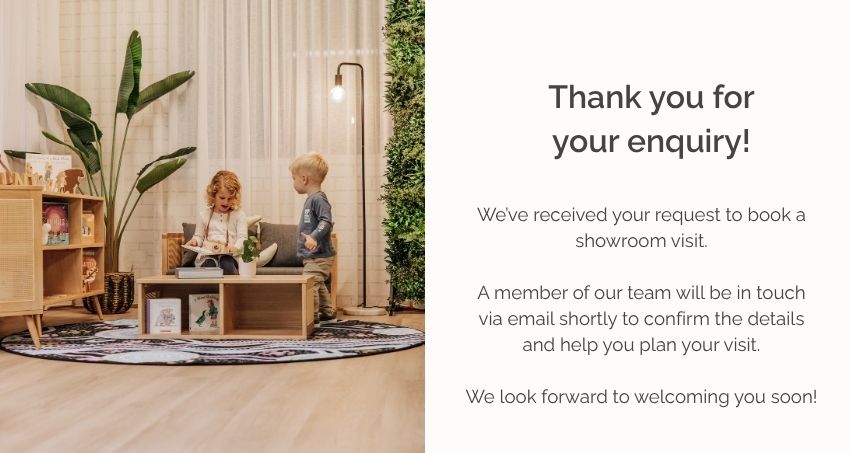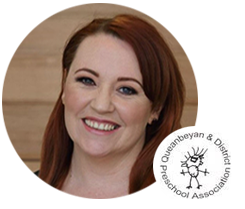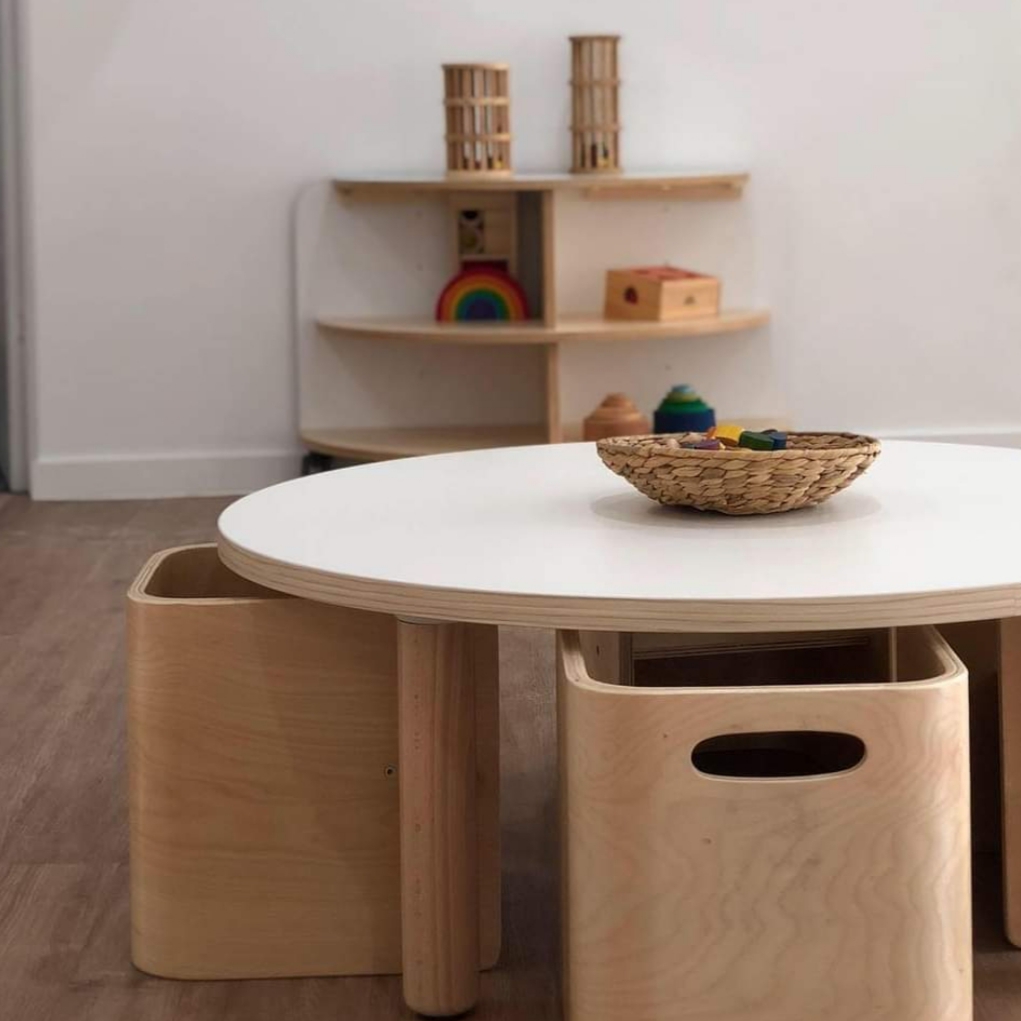
Dealing with anxious children at childcare centres
Going to a childcare or early learning centre is often a child’s first experience of being away from their family or carers. This can generate feelings of separation anxiety for the child, which can be distressing for parents and educators as well as the child. STEP4 looks at why separation anxiety occurs and how to manage it.
What is separation anxiety?
The good news is that separation anxiety is a perfectly normal part of growing up. A child feels secure with their parents or usual carers, and any change of routine and familiar faces can feel scary. It’s natural for a child to fear separation until they grow in confidence because they don’t understand that parents will return. At the heart of this natural reaction is the human instinct to stay in a safe environment for survival.
How to recognise separation anxiety
Although separation anxiety often starts from around 6-8 months of age, it might not be apparent until later if the child is usually cared for by the same people.
Typical signs of separation anxiety are:
– refusal to let go of a parent’s hand
– crying (often extreme) when the parent is about to leave or is out of sight
– temper tantrums
– inability to settle into their day or interact with others at the childcare centre
– in older children, an unwillingness to leave the home or expressing fear about going to day care.
How to help children overcome separation anxiety
Practising short periods of separation in the home environment will reinforce that nothing bad will happen when the parent or carer is absent. Once it’s time to start childcare, these tips can help:
– Avoid scheduling goodbyes at a time when the child is likely to be tired or hungry.
– Let children know when a parent is about to leave the childcare centre. A sudden disappearance is more stressful and will prolong their anxiety.
– Parents should be loving but firm when saying goodbye, explaining when they will return (e.g. I’ll be back at lunchtime/dinnertime) and returning on time.
– Childcare centres can arrange orientation days during which parents spend time with their children to familiarise them with the new environment. Shorter day care sessions for the first week can also help the child adapt.
– Encourage the child to bring a favourite item, such as a cuddly toy, along to the childcare centre.
Could it be something other than separation anxiety?
Separation anxiety naturally improves as the child matures. Moving from an early childhood centre to school can reignite separation anxiety, but it should settle down after a few weeks. If there are signs of long-term separation anxiety or the behaviour severely affects family life, it is worthwhile considering a GP consultation.
Some children are shy around new people because it is simply part of their personality. They may not have separation anxiety, but just need time to adjust to new faces. This is nothing to be concerned about; after all, the world would be a strange place if we were all gregarious and confident human beings!
Working together, parents and educators can help successfully navigate the separation anxiety stage. Further information can be found at:
http://www.earlychildhoodaustralia.org.au/parent-resources/separation-anxiety/











